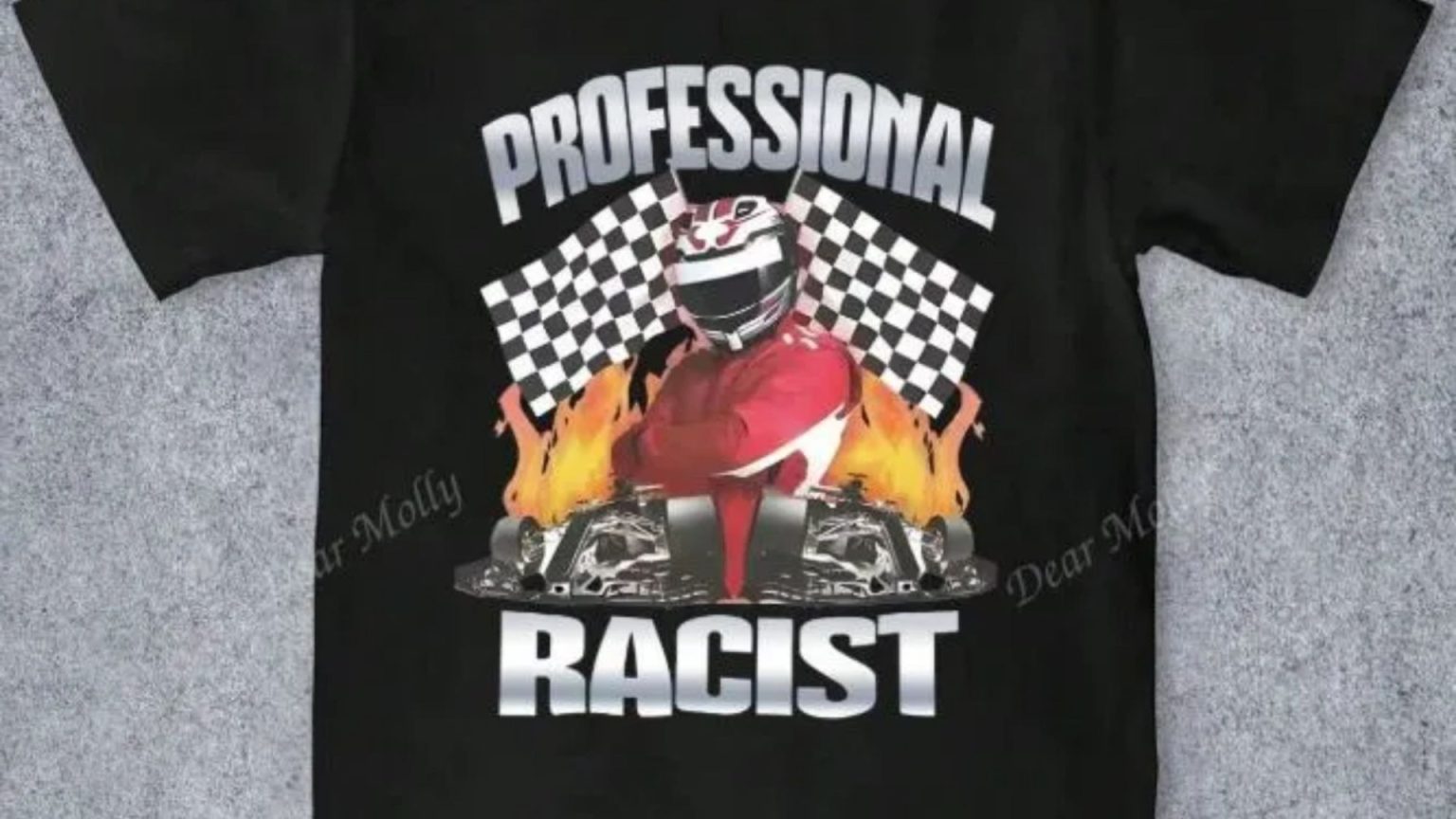Shein, the fast-fashion giant, has once again found itself embroiled in controversy after a T-shirt bearing the phrase “professional racist” appeared on its website. The offending garment, priced at £5.49 and marketed as a “retro style outfit for racing enthusiasts,” featured an image of a character in an F1-style car with the unintentionally misspelled slogan. This latest incident adds to a growing list of missteps for the company, already under scrutiny for its labor practices and environmental impact. The discovery of the T-shirt, brought to light by a concerned shopper browsing the website, sparked immediate backlash and raised concerns about the company’s internal review processes.
The shopper, who was searching for a cowboy T-shirt for her teenage son, expressed dismay at the offensive item and its potential impact on young customers. She voiced her disapproval, highlighting the potential for misinterpretation and the normalization of discriminatory language, particularly among impressionable teenagers. Brand expert Mark Borkowski characterized the message as both offensive and potentially damaging to Shein’s already tarnished reputation. He pointed out that this incident further exacerbates the perception of negligence and insensitivity surrounding the brand, particularly in light of ongoing criticism regarding its labor practices and environmental record.
Shein, upon being contacted about the offensive T-shirt, swiftly removed the item from its website and issued an apology. The company attributed the error to a third-party supplier, stating that the image did not reflect its values of inclusivity. This explanation, while acknowledging the mistake, does little to address the underlying concerns about the company’s quality control and oversight, especially given its history of similar controversies. Previous incidents, including the sale of a Swastika necklace and a phone case depicting a handcuffed black man, suggest a pattern of inadequate screening and a lack of sensitivity to potentially offensive imagery.
This latest blunder underscores the challenges faced by fast-fashion retailers in their pursuit of rapid production and low prices. The sheer volume of products offered by companies like Shein necessitates robust quality control mechanisms to prevent offensive or inappropriate items from slipping through the cracks. The incident raises questions about the efficacy of Shein’s internal review processes and the level of responsibility it takes for the products sold on its platform. The reliance on third-party suppliers, while common in the fast-fashion industry, also highlights the need for stricter vetting procedures and greater transparency in the supply chain.
The controversy surrounding the “professional racist” T-shirt also reignites the debate about Shein’s ethical practices. Critics argue that the company’s relentless pursuit of low prices comes at the expense of fair labor practices and environmental sustainability. The incident adds fuel to the fire, further damaging the company’s reputation and raising questions about its commitment to ethical production. While Shein has attempted to address these concerns through various initiatives, the recurring nature of such controversies suggests a need for more fundamental changes within the company’s structure and operations.
The “professional racist” T-shirt incident serves as a stark reminder of the potential consequences of prioritizing speed and cost over ethical considerations and thorough quality control. For Shein, this latest blunder represents not only a public relations crisis but also an opportunity to re-evaluate its practices and prioritize responsible production. The company must address the systemic issues that allow such offensive items to reach its platform and demonstrate a genuine commitment to ethical and sustainable practices. Failure to do so risks further eroding consumer trust and exacerbating the negative perception surrounding the brand.











